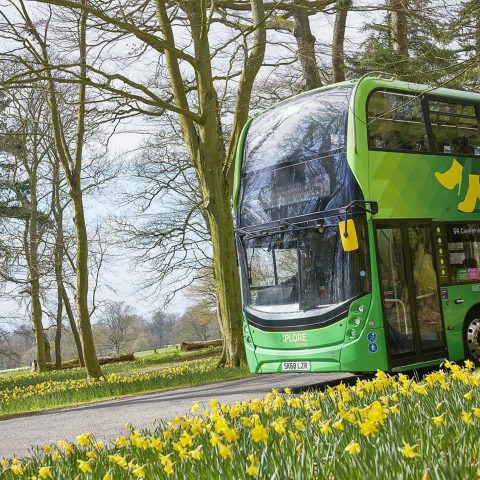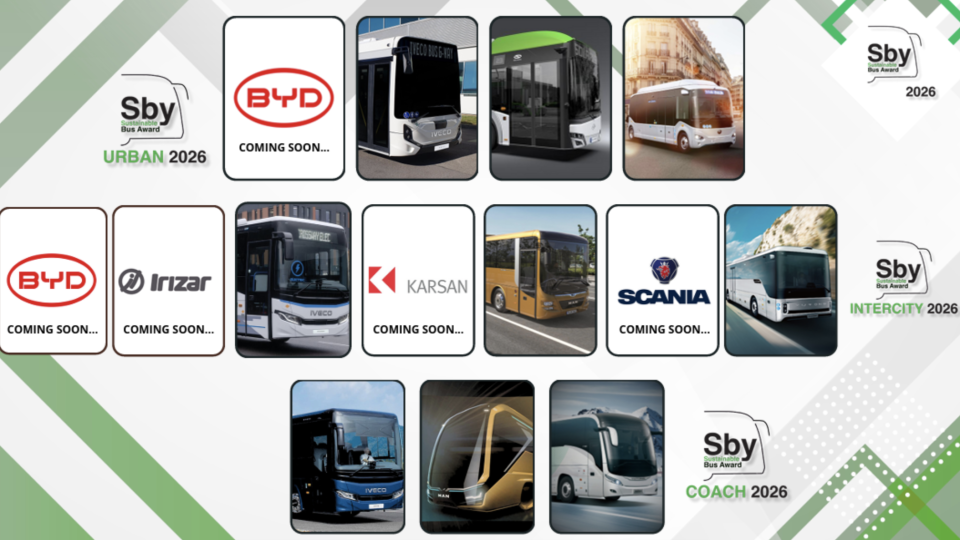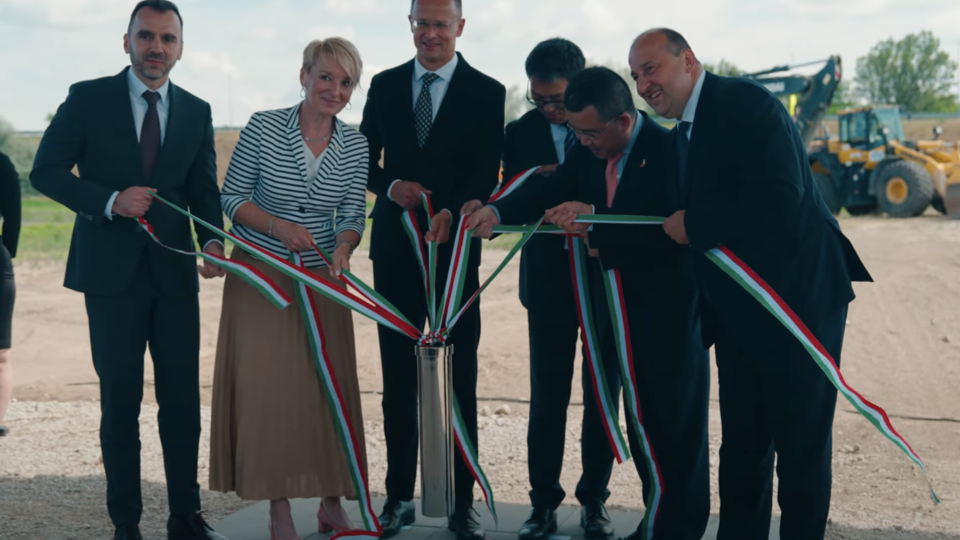Zenobe Energy with McGill’s: three electric depots to be implemented for 68 e-buses
The implementation of three electric bus depots is the outcome of the cooperation established in Scotland by Zenobe Energy with McGill’s. The partnership will see the implementation of three fully electric bus depots, servicing Dundee and the wider Glasgow areas of Inchinnan and Johnstone. The operator McGill’s recently invested £32.5million in 68 electric vehicles, all of which are […]

The implementation of three electric bus depots is the outcome of the cooperation established in Scotland by Zenobe Energy with McGill’s. The partnership will see the implementation of three fully electric bus depots, servicing Dundee and the wider Glasgow areas of Inchinnan and Johnstone.
The operator McGill’s recently invested £32.5million in 68 electric vehicles, all of which are due to arrive before the end of the year.
McGill with Zenobe for the electrification of three bus depots
Zenobe Energy powers today 20% of the EV bus market in the UK. Just to name another key study, Abellio and Zenobe Energy, together, brought 34 electric buses to London, according to a new scheme aimed at ‘setting free’ the operator from a series of issues related to the transition to emobility. The collaboration marked the first example of complete financing and provision of a ‘battery on the bus’ scheme in London.
It has partnered with McGill’s to bring electric bus services to Glasgow, Renfrewshire and Dundee.
The partnership will see three depots being electrified, with capacity for further expansion, going live in 2021, helping to facilitate the launch of 68 electric buses.
The three depots are a glowing example of what’s possible when private organizations and the government work together towards a common goal, and what British companies can achieve together.
Steven Meersman, a co-founder of Zenobe Energy
The investment in electric charging infrastructure at the three depots makes a significant step towards Scotland’s drive to net zero. The depots will go live ahead of COP26, which will be held in Glasgow, and the new fleets will service the event, showcasing Scotland’s investment in sustainable transport, while all eyes are on the UK’s net zero progress.
McGill’s 32.5 million electric bus fleet investment
The partnership follows McGill’s recent £32.5 million electric fleet investment, partly funded by the Scottish Government’s Scottish Ultra Low Emissions Bus Scheme (SULEB), which was set up to help drive the adoption of sustainable transport in Scotland. The SULEB scheme has pumped over £50 million into Scotland’s renewable transport sector, helping the UK move towards achieving its legally binding net zero ambitions.
Zenobe Energy is project managing the infrastructure implementation and implementing an end-to-end software solution to manage both the vehicles and the fleet charging, as well as the resulting power requirements.
Zenobe – McGill’s: electric buses in Scotland
Steven Meersman, a co-founder of Zenobe Energy, said: “We are thrilled to be working with McGill’s, a home-grown company just like Zenobe, embracing the EV bus transition with an ambitious strategy to develop three key depots. This exciting project will help to boost accessibility to sustainable travel in Scotland and support the UK’s drive towards net zero. The three depots are a glowing example of what’s possible when private organizations and the government work together towards a common goal, and what British companies can achieve together.”
Ralph Roberts, CEO McGill’s Buses said: “This is another industry leading step towards decarbonising our business. We are delighted to be working with Zenobe on these projects and their track record of quality and delivery is what attracted us to them.”









